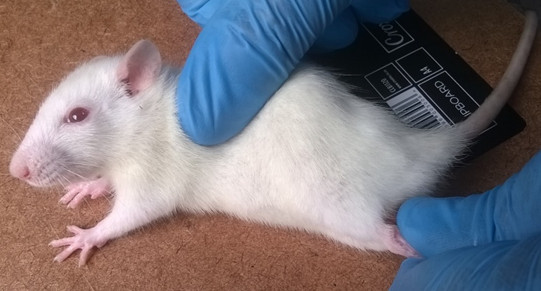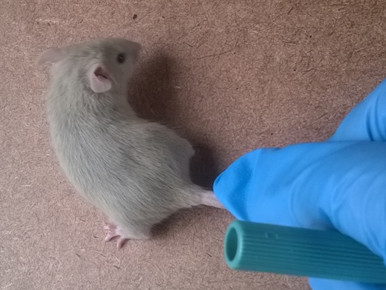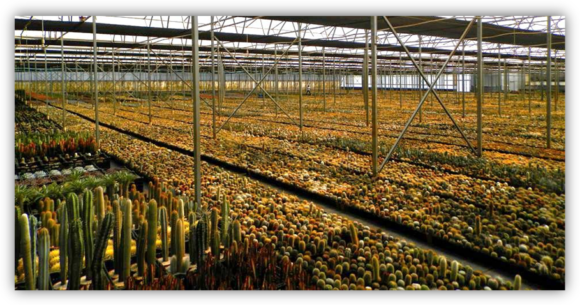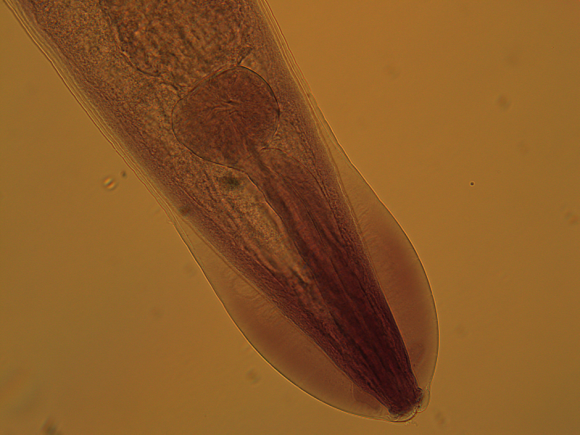23 November 2020 | By Ndivhuwo Shivambu
The brown rat (Rattus norvegicus) and the house mouse (Mus musculus) are some of the world’s worst invasive rodent species. They are known to spread zoonotic diseases, damage crops and household items, outcompete native species for food, and prey on some bird species. These undomesticated species, which live closely alongside and benefit from humans, have been accidentally introduced into South Africa largely through the shipping trade, and are currently widely sold as pets in the pet trade industry such as breeders, pet shops and online.
Mrs Ndivhuwo Shivambu (C∙I∙B PhD student), Mr Tinyiko C Shivambu (C∙I∙B PhD student), Dr Rolanda Julius (former C∙I∙B student) and Prof Christian Chimimba (C∙I∙B Core Team member) surveyed pet shops across the Gauteng Province and collected rodent samples for genetic identification.
The results showed that some rodent individuals labelled as ‘small rats’ were in fact strains of M. musculus and other samples were identified as R. norvegicus strains. The results showed that pet shop owners lack the taxonomic expertise to identify the rodent species that they trade in. The rodents sampled were genetically affiliated to both wild and laboratory strains of M. musculus and R. norvegicus. This suggests that pet rodents are sourced from both the wild and laboratories, with those from the latter possibly being released into the wild.
The study recommends continued monitoring on the sale of these invasive rodents to prevent further introduction and spread. The results in this study may be useful for contributing to the development of national policies and regulations for invasive rodents in the pet trade industry in South Africa.
“Given the lack of taxonomic expertise in the pet trade industry, we believe that the pet trade industry will contribute to the future invasion of these and other species. It is therefore important to develop an accurate inventory of non-native pets as this can be used for educational purposes, the development of policies and regulations, appropriate decision-making and management strategies,” explains Ndivhuwo Shivambu.
Read the full paper for more information
Maligana N, Julius RS, Shivambu TC, & Chimimba CT (2020). Genetic identification of freely traded synanthropic invasive murid rodents in pet shops in Gauteng Province, South Africa. African Zoology 55: 149–154, https://doi.org/10.1080/15627020.2019.1704632
For more information, contact Mrs Ndivhuwo Shivambu (ndivhuwomaligana@gmail.com) or Professor Christian Chimimba (chris.chimimba@up.ac.za)





